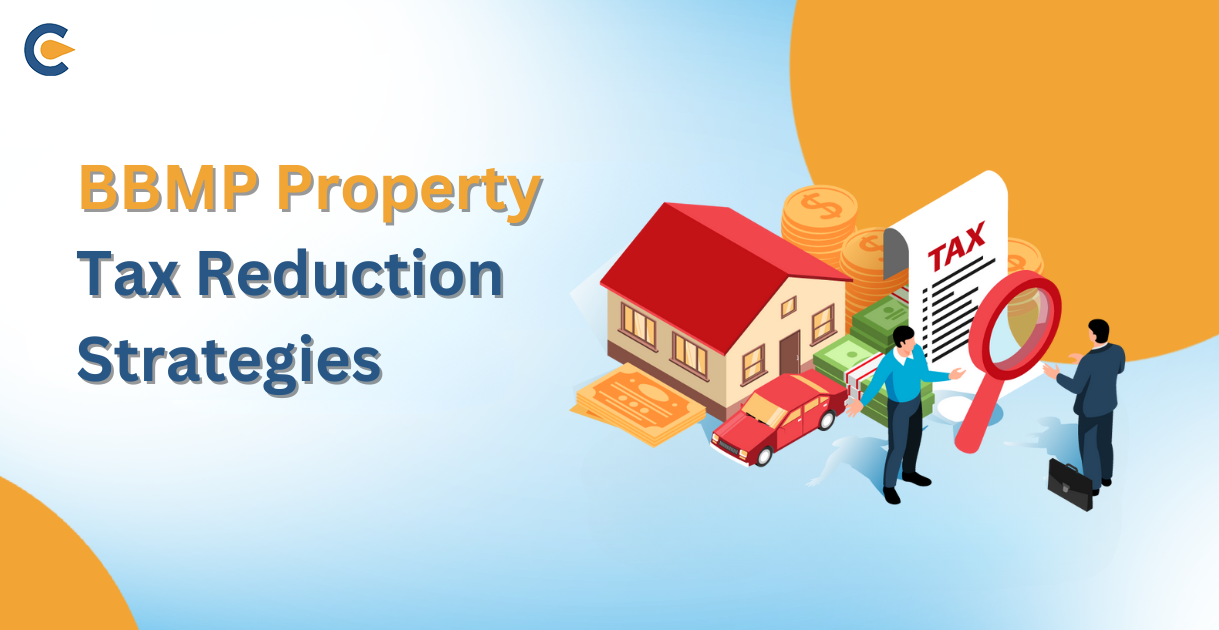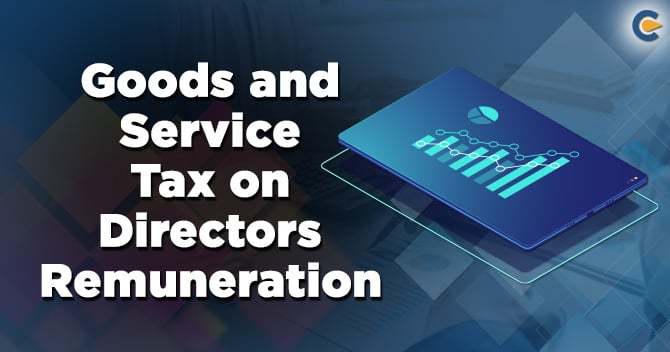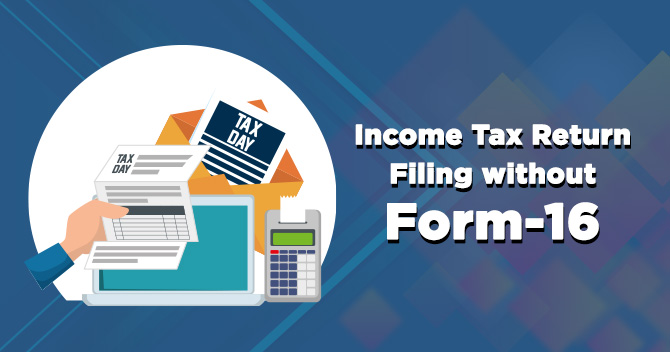GST Registration is obligatory to obtain for certain businesses under relevant by-laws associated with it.
What is GST?
The Goods and Services Tax[1] or GST is a value-added tax levied on almost every goods sold and service provided for domestic consumption. However, the ultimate burden of tax falls on the consumers, but it is remitted to the government by the businesses selling the products and providing services.
What is GST Registration?
Under the GST regime, businesses have to pay taxes to the government on behalf of the taxes they levy on the customers for providing selling various goods and providing services. Therefore, businesses need to obtain GST Registration to pay those taxes and take advantage of the benefits associated with it.
Who needs to obtain GST Registration?
The following individuals or group of people need to have GST Registration;
- Individuals registered under the Pre-GST laws (i.e., Excise, Service Tax, VAT etc.)
- Businesses having turnover of Rs. 40/ 20/ 10 Lakhs respectively in case of goods (refer note for turnover limits)
- Businesses having turnover of Rs. 20/10 Lakhs respectively in case of services
- Casual taxable person / Non-Resident taxable person
- Agents of a supplier & Input service distributor
- People paying tax under the Reverse Charge Mechanism
- A person who supplies via e-commerce aggregator
- Every e-commerce aggregator
- A person providing online information and database access or retrieval services (OIDAR Services) from outside India to a person in India, other than registered taxable individuals
Benefits of GST Registration
The following are the benefits of registering under GST;
For normal registered businesses:
- Become eligible for taking the Input Tax Credit (ITC)
- You can make interstate supplies without restrictions
For Composition dealers:
- Limited compliance
- Less tax liability
- High working capital
- To know more about composition scheme
For businesses that voluntarily opt-in for GST registration (For a business having turnover upto Rs. 40 lakhs*)
- Avail input tax credit (ITC)
- Make interstate supplies without restrictions
- Register on e-commerce websites
- Have an advantage over other unregistered businesses
Apart from this, the following advantages are also included;
- You can legally collect taxes from the consumers and pass on the Tax Benefits to the suppliers
- Your business becomes 100% tax Compliant
- You can Claim Input Tax Credit that you have to pay when you purchase raw materials for your business and increase profits
- Also, GST certificate can be used as one of the documents while opening a current account or Business Account
- Furthermore, you can easily apply for various states and Central Government tenders if you have GSTN
- Also, you can expand your business through various channels such as Online market, Importing or Exporting, etc.
- To start payment gateways and use mobile wallets GST number is used.
Documents required for GST Registration
The documents required for registering under GST are as follows;
Proprietorship
- PAN Card
- Address proof of proprietor
LLP
- PAN Card
- Partner’s names and address proof
- LLP Agreement
Private Limited Company
- Incorporation Certificate or Proof of business registration
- Company’s PAN
- Article of Association (AOA)
- Memorandum of Association (MOA)
- Board Resolution for Authorized Signatory/ Letter of Authorization
- Company director’s address and identity proof
- Digital Signature
The following documents can be presented by a director as address/ identity proof;
- Aadhaar card
- Passport
- Voter identity card
- Ration card
- Telephone/ electricity bill
- Driving license
- Bank account statement
Read our article:GST Returns: Applicability, Due Date and Penalties
Different types of GST Registration
You can register under GST through different schemes launched by the government;
Registration Under Composition Scheme:
To ease the complex processes of complying with various tax compliances government has launched the Composition Scheme for the small taxpayers. It is a scheme that allows eligible taxpayers to pay a certain part or percentage of their yearly revenue as tax. Furthermore, small retailers, eateries and trading businesses are eligible to obtain GST Registration under this scheme. This will relieve the taxpayers/ businesses from collecting taxes from their customers directly and adds benefits as follows:
- File Single Quarterly return, and not multiple monthly returns
- Pay lower taxes which gives a competitive advantage
- It becomes easy to maintain the Books of Accounts and Records under GST norms
Eligibility criteria to register under the GST Composition Scheme :
- The entity must be a Registered Taxpayer
- Furthermore, the Annual Turnover of the business should be less than Rs 1 Crore
- Dealers, Restaurants (Not Serving Alcohol) and Manufacturer of Goods, can opt for this scheme
Registration as a Casual Taxable Person:
Casual Taxable Person is an individual who supplies taxable goods or services occasionally. For example, an Event Management Company has various events in different states needs to register as a Casual Taxable Person for the respective taxable state before supplying or offering any goods or services.
Offences and Penalties
Any person registered under GST becomes liable for a penalty under the following conditions;
- For not holding GST Registration: 100% of due tax amount or Rs. 10000 whichever is greater
- Not providing GST invoice: 100% of due tax amount or Rs. 10000 whichever is greater
- Producing or generating incorrect invoice: Fine of Rs. 25000
- Not filing GST Returns Rs. 200 per day (including both GGST& SGST)
- Choosing Composition Scheme even when not eligible: 100% of due tax amount or Rs. 10000 whichever is greater
GST Return Filing
A GST Return Filing is a return document that contains details of the income of the taxpayer. It has to be filed with the GST administrative authority. The document is used tax authorities to calculate the tax liability of a GST taxpayer. A GST Return Filing form has to include the following details.
- Output GST (On outward supplies)
- Supplies
- Input tax credit (GST paid on inward purchases)
- Purchases
For filing a GST Return, you need to have GST outward supplies invoices and purchase invoices attached.
Conclusion
GST Registration is mandatory for businesses having a minimum turnover of Rs. 10 lakhs in the northeastern states of India and Rs. 40 Lakhs in other states. Furthermore, every business registered under GST needs to file GST Returns containing the details of the profits they earned in the precessing year and other necessary information prescribed by law. Henceforth, every person becomes liable for a penalty for committing a default or in case of non-compliance.
Read our article:Pragmatic Impact of GST Rate on Indian Economy











